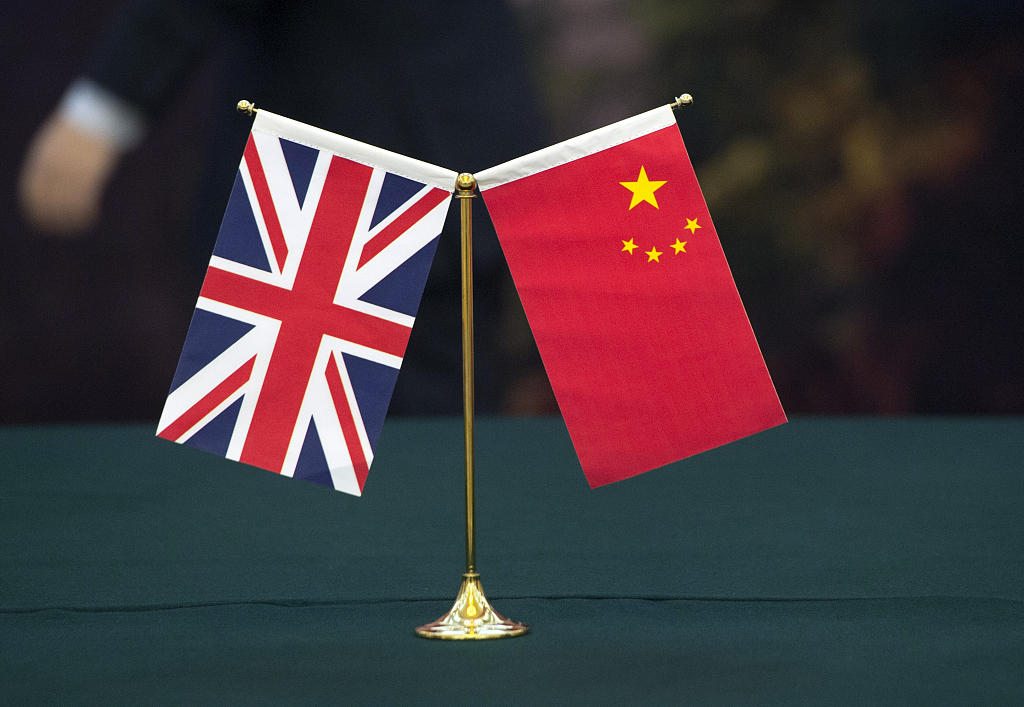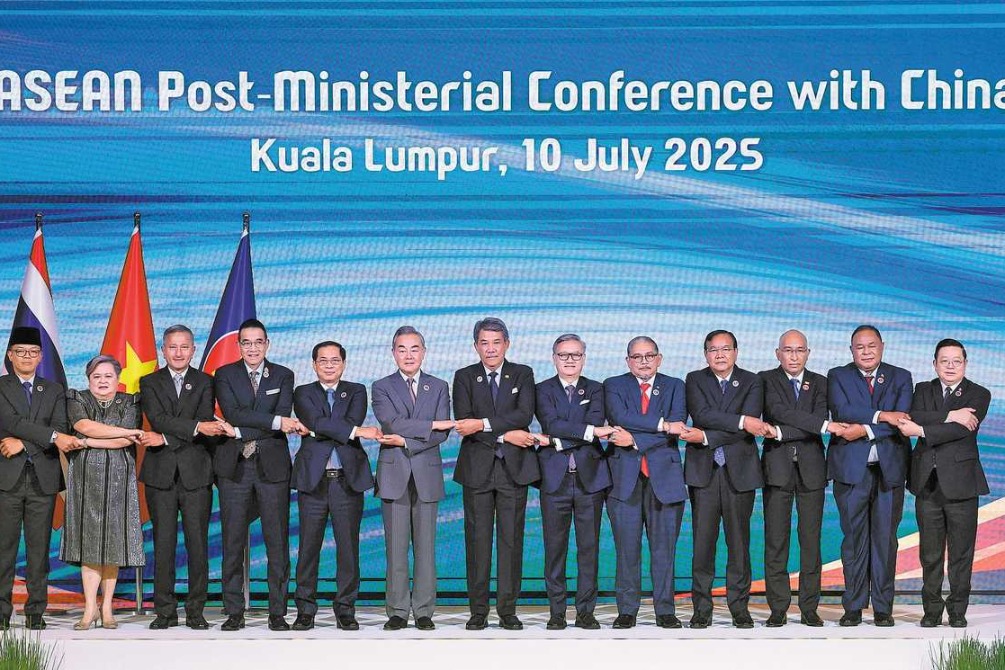Sino-British relationship: What to look forward to


After five or so years in which the government in London did little or nothing to engage with China at a senior level, we now have a British government prepared to talk to Beijing about the vast range of issues of mutual interest.
The new British Prime Minister, Keir Starmer, had a very productive and wide-ranging telephone call with Chinese President Xi Jinping in late August. Last month, Chancellor of the Exchequer (Finance Minister) Rachel Reeves, had a similarly useful call with Vice-Premier He Lifeng on economic and financial issues. And last week, Foreign Secretary David Lammy was in Beijing and Shanghai, meeting Chinese officials as well as representatives of the many British companies doing business with China.
We hope that Lammy's visit will be the first of many in both directions over the months and years ahead, as the British government delivers on its promise to engage with China, not just on issues on which both sides agree, but, at least as important, in areas where there are differences.
The two sides will discuss not only bilateral issues, but, as permanent members of the United Nations Security Council, and as the second- and sixth-largest economies in the world, discuss global challenges, above all that of the transition to net zero as we respond to climate change.
In that spirit, the China-Britain Business Council, which has promoted trade and investment between China and Britain for more than 70 years, welcomes the recognition that such economic and commercial exchanges support growth in both our countries. We particularly welcome the British government's wise decision not to impose tariffs on imports of Chinese new energy vehicles.
Our two economies complement each other in so many ways, with, for example, China developing many of the technologies of the 21st century, and Britain strong in financial and professional services and in life sciences.
But our links go far beyond trade in goods and services. Almost 200,000 Chinese students are enrolled in the outstanding universities and colleges across the United Kingdom. Each year tens of thousands of Chinese tourists visit not just England, but also Scotland, Wales and Northern Ireland. But we need to do more.
There is almost unlimited scope for increasing exports and investment in both directions. More British students and tourists need to follow our ministers in visiting China. We need more Chinese cultural performances in the theaters and cinemas of the United Kingdom.
So, as I told Chinese Premier Li Qiang when he received me and a CBBC delegation in the Great Hall of the People in May, that is my China-Britain Dream: a win-win economic, commercial, educational and cultural relationship from which both sides draw great and increasing benefit.
As I also said to the Premier, a rapidly improving economic and commercial relationship is not just about the profits of our firms, but, even more important, it is about the health, wealth and happiness of the Chinese and British peoples.
The author is chair of China-Britain Business Council.































